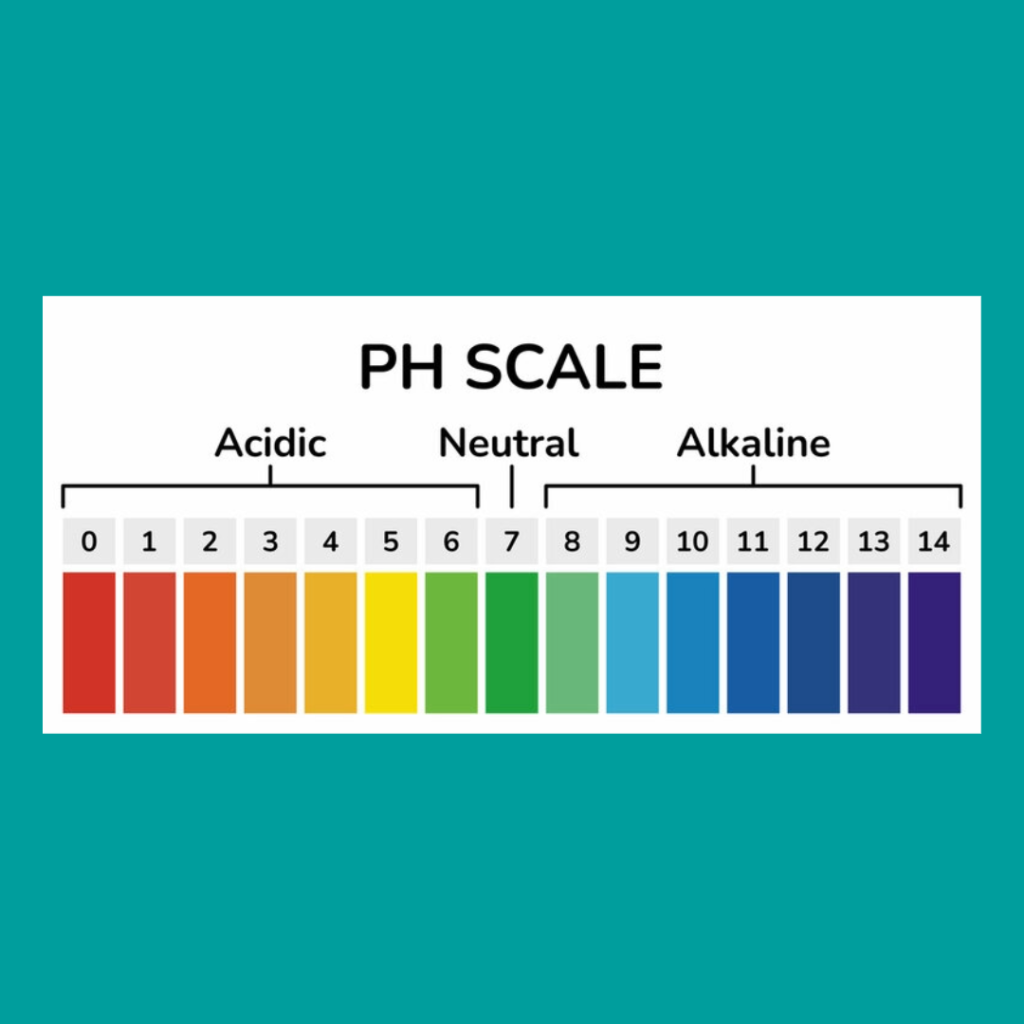Living beings maintain a delicate balance of energy throughout their systems, organs, and tissues. Every second, billions of reactions and biochemical exchanges take place in the body, keeping this complex network of cells and tissues in harmony.
Cells need the right environment to live and function properly. The ionic balance of positive and negative charges in the cells and their surroundings plays an essential role in creating this ideal cellular climate.
pH Balance

The body’s pH level is one of the most vital systems for maintaining balance and health. pH stands for “potential of hydrogen” and is a measure of how acidic or alkaline a substance is. The pH scale ranges from 0 to 14, with 0 being the most acidic and 14 being the most alkaline. A pH of 7 is neutral.
Just as the healthy human body has a temperature of around 98.6F, its pH level should be in a neutral range close to 7. This is important for maintaining the proper functioning of the body’s cells and organs. If the pH level is too high or too low, it can cause problems.
The body’s pH balance is important for a number of reasons. It affects the activity of enzymes, the absorption of nutrients, and the function of the immune system. A healthy pH balance is also important for maintaining cell health and preventing disease. The body’s pH level is regulated by a number of factors, including the diet, the kidneys, and the lungs. The kidneys filter acids from the blood and excrete them in the urine. The lungs remove carbon dioxide from the blood, which is acidic.
There are a number of things that can disrupt the body’s pH balance, including:
- Diet: A diet that is high in processed foods, sugary drinks, and animal products can make the body more acidic.
- Lifestyle factors: Smoking, drinking alcohol, and exercising excessively can also disrupt the body’s pH balance.
- Medical conditions: Certain medical conditions, such as diabetes and kidney disease, can also affect the body’s pH balance.
Why Are pH Levels Important?
pH levels are important for a number of reasons, including:
- Enzyme activity: Enzymes are proteins that catalyze chemical reactions in the body. Many enzymes are pH-sensitive, meaning that they only function properly within a certain pH range. If the pH level is too high or too low, it can disrupt enzyme activity and lead to health problems.
- Nutrient absorption: The body absorbs nutrients from food through the digestive system. The pH level of the digestive system plays a role in nutrient absorption. For example, acidic conditions in the stomach are necessary for the digestion of proteins and fats. However, if the stomach is too acidic, it can irritate the lining of the stomach and lead to ulcers.
- Immune function: The immune system is responsible for protecting the body from infection and disease. The pH level of the body can affect the function of the immune system. For example, acidic conditions can make it difficult for white blood cells to fight off infection.
- Cell function: All of the cells in the body need a slightly alkaline environment to function properly. If the body is too acidic, it can damage cells and lead to a variety of health problems, including cancer.
What Are the Symptoms of pH Imbalance?
Symptoms of pH imbalance can vary depending on the severity of the imbalance and the underlying cause. Some common symptoms of pH imbalance include:
- Fatigue
- Headache
- Muscle cramps
- Joint pain
- Digestive problems
- Skin problems
- Respiratory problems
- Hormonal problems
- Mood swings
- Difficulty concentrating
How to Maintain a Healthy pH Balance
There are a number of things you can do to maintain a healthy pH balance, including:
- Eat a healthy diet: Eating a healthy diet that includes plenty of fruits, vegetables, and whole grains can help to alkalize the body. Avoid processed foods, sugary drinks, and excessive amounts of meat and dairy products, as these foods can acidify the body.
- Drink plenty of water: Water helps to flush out toxins from the body and maintain a healthy pH balance. Aim to drink at least eight glasses of water per day.
- Exercise regularly: Exercise helps to improve circulation and remove toxins from the body. Aim for at least 30 minutes of moderate-intensity exercise most days of the week.
- Manage stress: Stress can lead to acidosis. Find healthy ways to manage stress, such as exercise, yoga, or meditation.
- Get enough sleep: Sleep is essential for overall health and well-being. Aim for 7-8 hours of sleep per night.
How Can Biomagnetic Therapy Help with pH Imbalance?
Biomagnetic therapy can be effective in regulating pH levels in the body. This is because the body’s pH levels are regulated by the exchange of ions through the cell membrane. When a magnet is applied to the body, it polarizes the cells’ ions, which can help to restore balance to the pH levels.
To understand how this works, let’s take a closer look at the process of pH imbalance. pH imbalance begins at the cellular level, when the exchange of ions through the cell membrane is disrupted. This can happen for a number of reasons, such as stress, poor diet, or illness.
Biomagnetic therapy can help to restore balance to the pH levels by polarizing the cells’ ions. This is done by applying magnets to specific points on the body. The magnets create a magnetic field that aligns the ions in the cells, which helps to restore their normal function.
Conclusion
pH balance is essential for good health. There are a number of things you can do to maintain a healthy pH balance, including eating a healthy diet, drinking plenty of water, exercising regularly, managing stress, and getting enough sleep. Biomagnetic therapy is a non-invasive, holistic therapy that can also help to regulate pH levels in the body.
RA Balance Bahamas is your partner on your journey to better health. Contact Us with any questions or to schedule a session. We’re here to support you!

